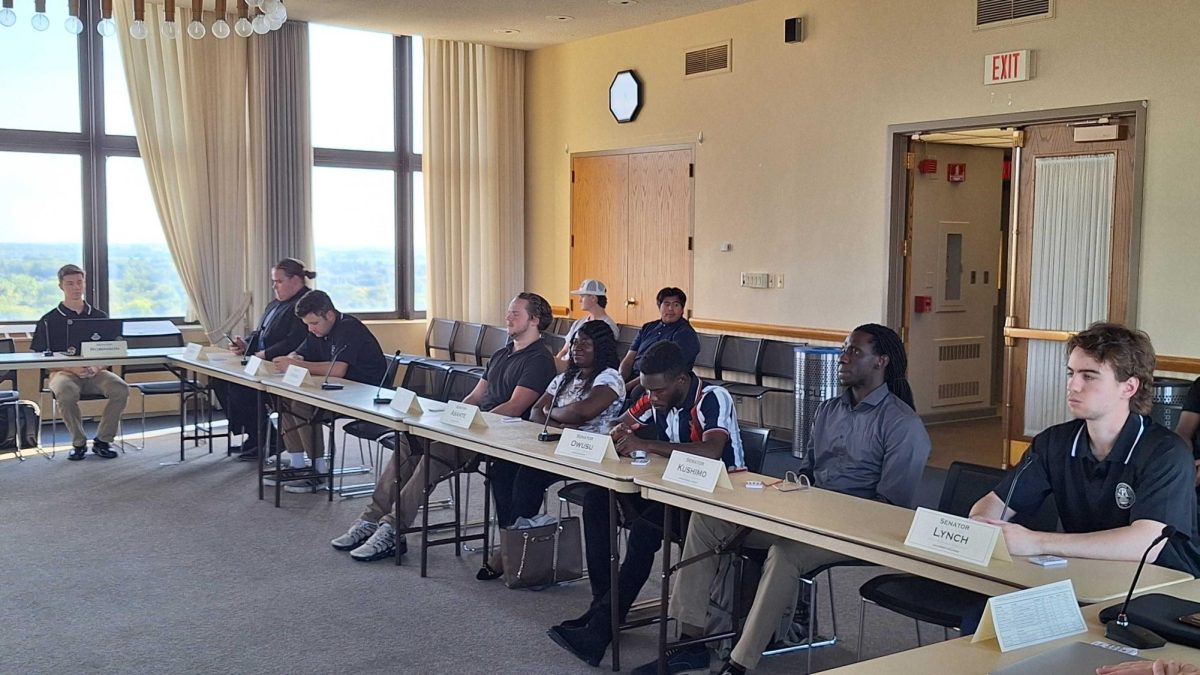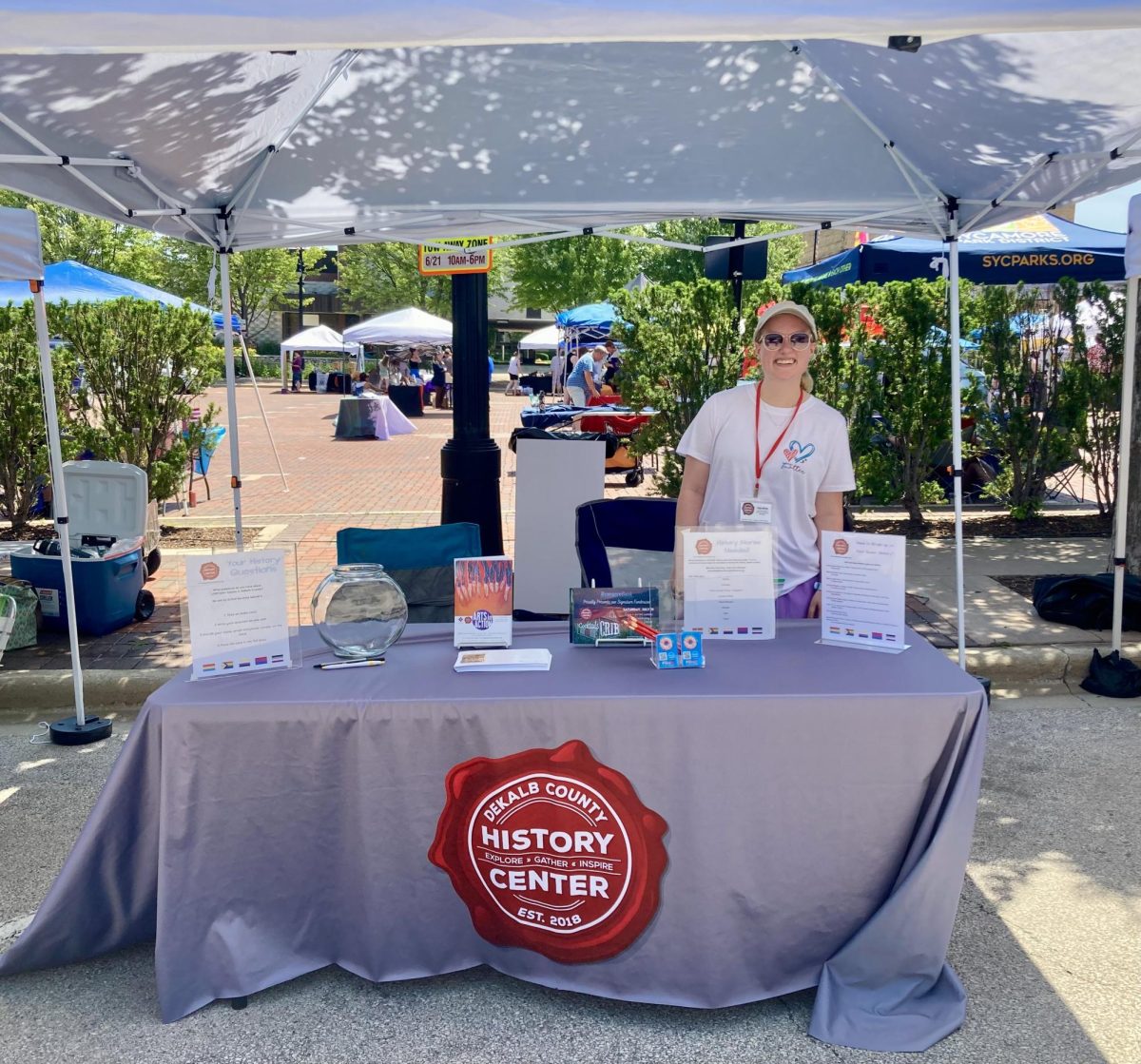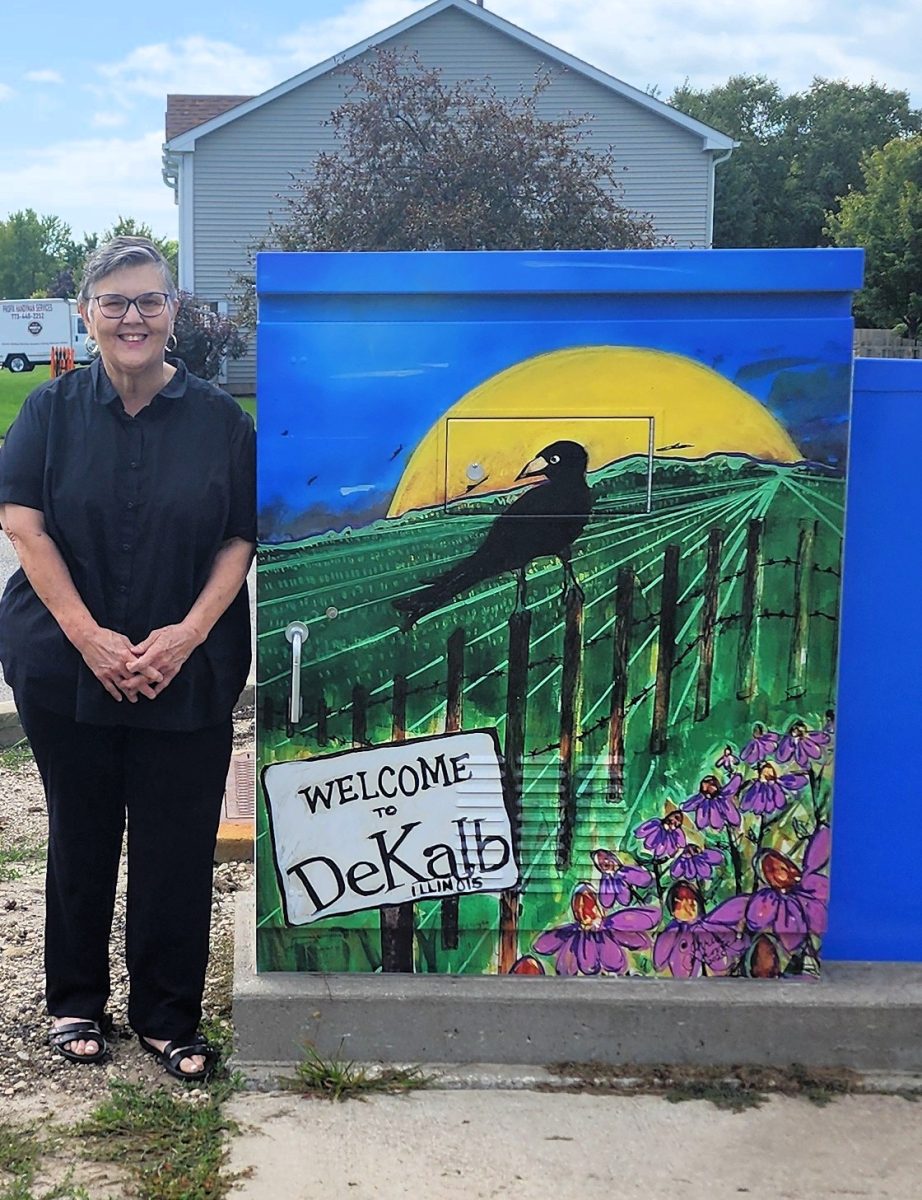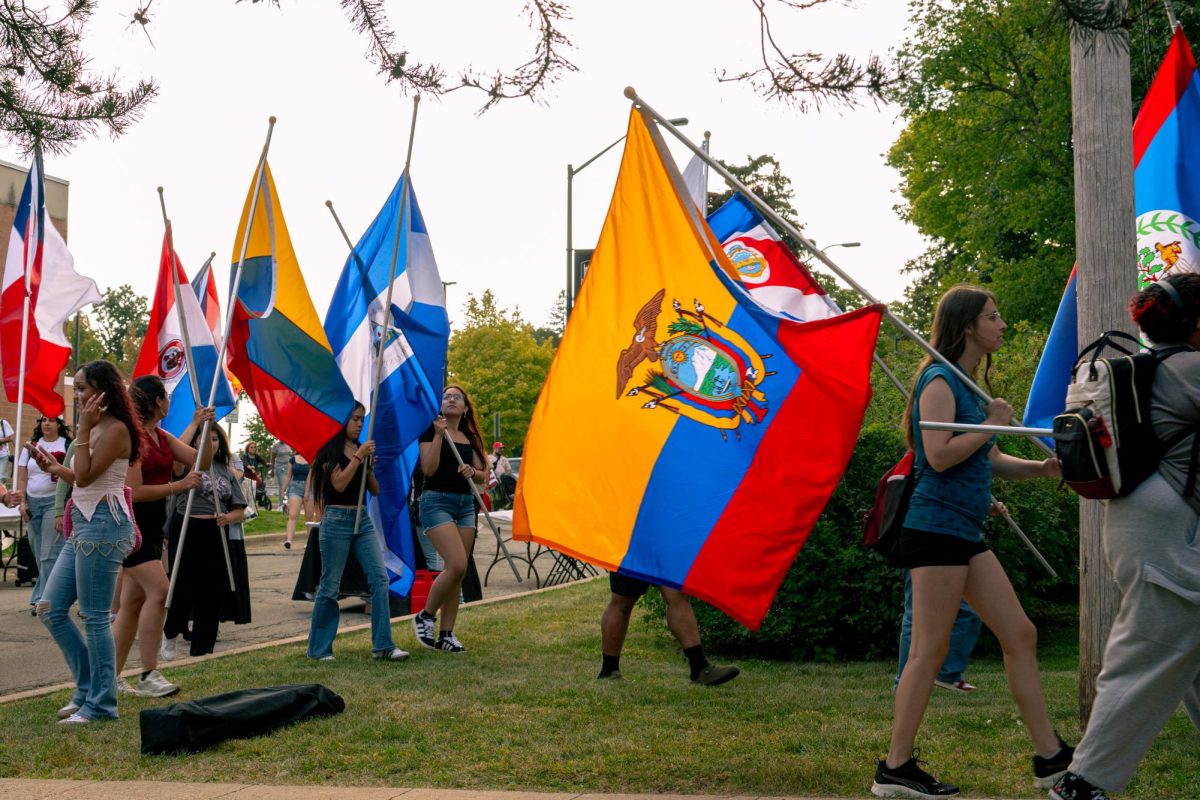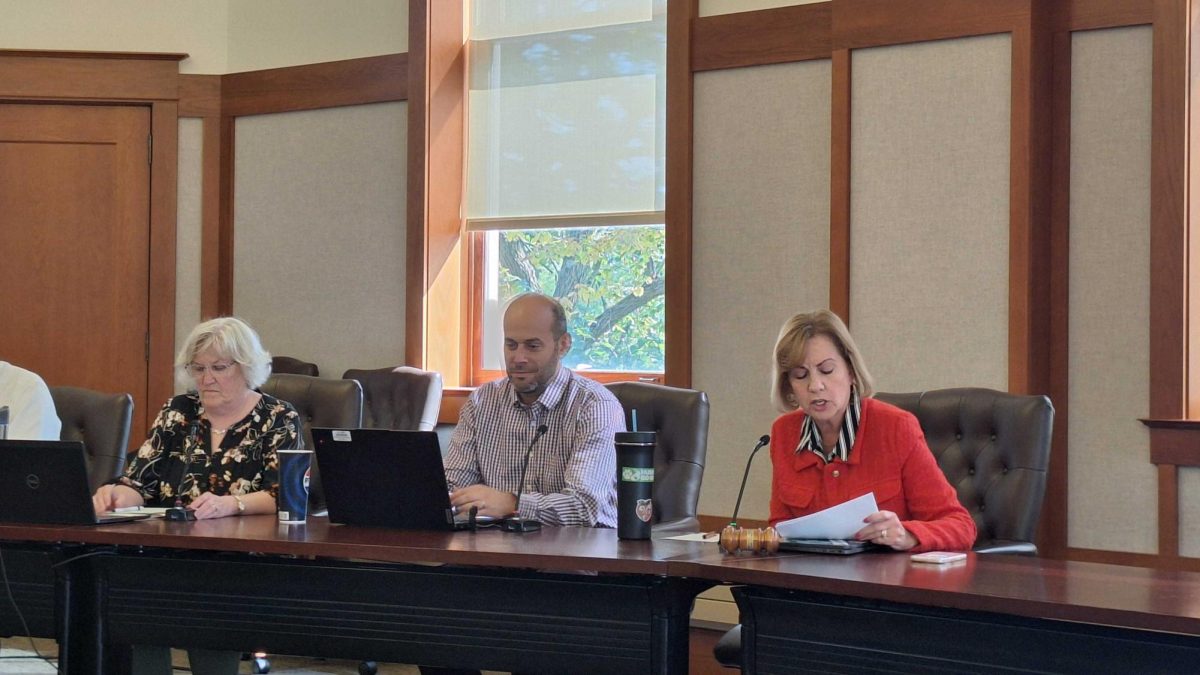DeKALB – With artificial intelligence becoming more prevalent throughout the world, NIU has launched its latest resource which uses AI to provide students with support.
The Mission AI Chatbot was officially launched Nov. 6 through a text messaging system and is available for all undergraduate students who have a phone number listed in MyNIU.
Undergraduate students can add their phone number into the profile section of MyNIU and then the Mission AI chatbot will send text messages to the number associated with the student’s MyNIU account. Students do not need to download a separate app to access the chatbot.
Brandon Lagana, director of Planning and Assessment for the Office of Undergraduate Studies, explained the purpose of the Mission AI chatbot.
“It is a simple mail system text. Basically, it’s a chatbot that allows students to ask questions, and it’s really designed so that if you needed to ask a question, especially when offices aren’t open, like at 2 a.m., Mission AI can provide you with a judgment free mode for asking questions and to get answers, and so that’s the real benefit to it, and it doesn’t require downloading another app,” Lagana said. “It’s just simply messaging through the phone that you’re already using to text, and once you have the welcome message, you can text back and forth to keep the chat open in it.”
The chatbot is trained in different topics that can provide information to students about NIU such as academics, campus activities, dining and financial aid. However, the chatbot also offers miscellaneous texts, such as the most recent text, which was about whether students were returning for the spring 2025 semester.
The Mission AI Chatbot was created through EdSights, whose goal is to provide college students with support.
Lagana explained the reasoning behind NIU creating the Mission AI Chatbot.
“NIU wanted to provide Mission AI as a way to connect students with people that can connect with you, who can assist. So if you have an issue or situation, we’re not waiting for there to be a situation where students don’t know who to ask or when they feel like that’s not something I really want to ask a person. This provides that mechanism,” Lagana said.










